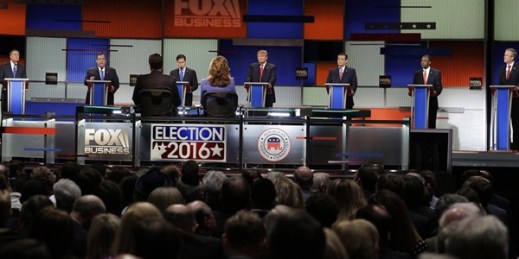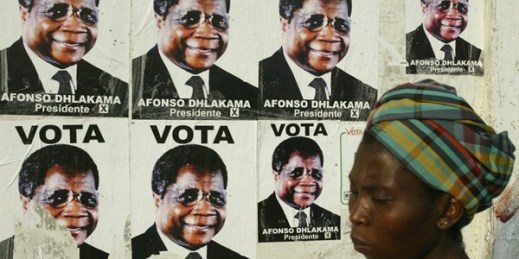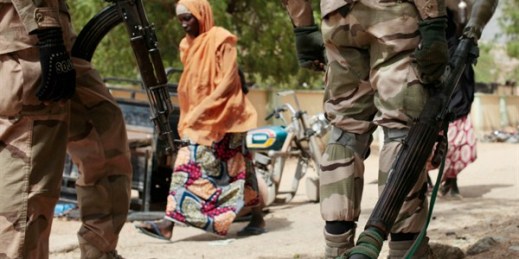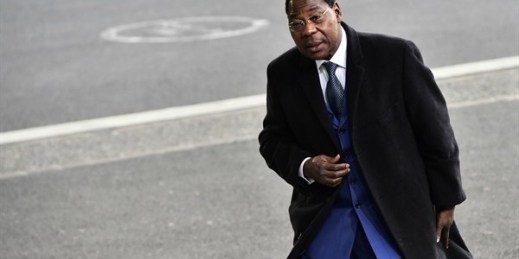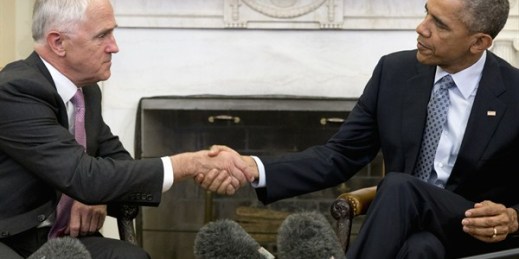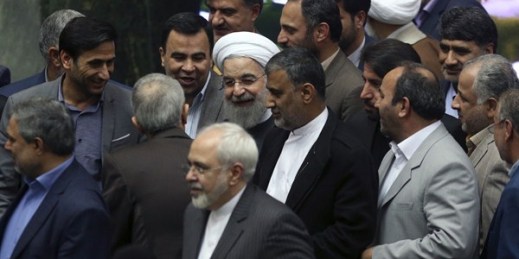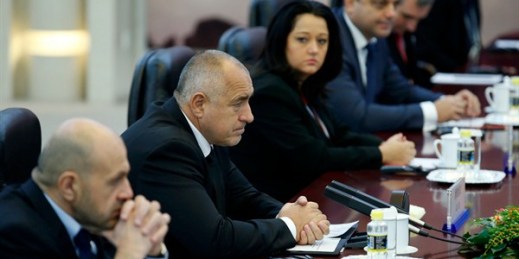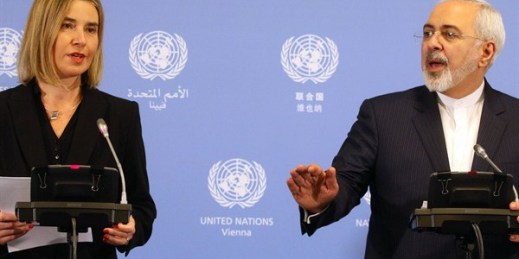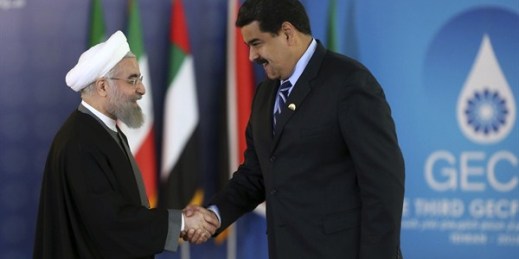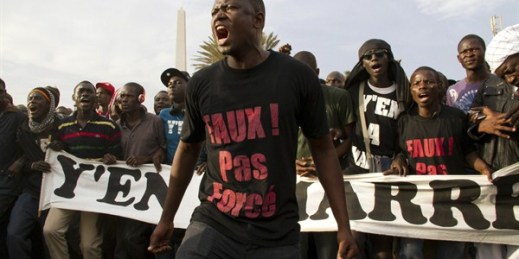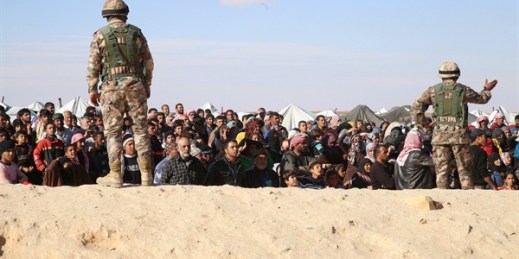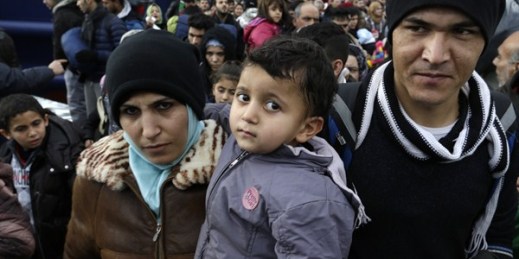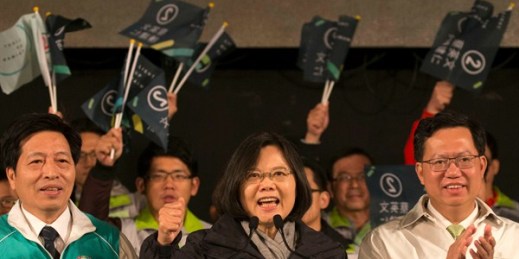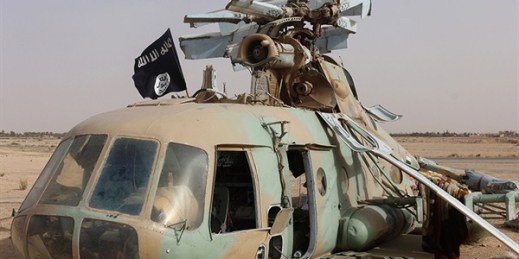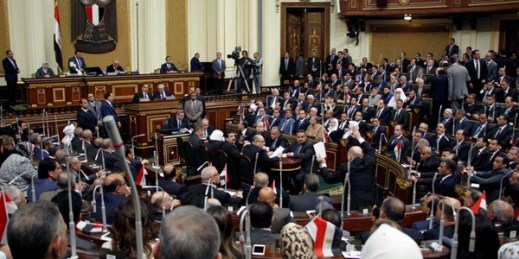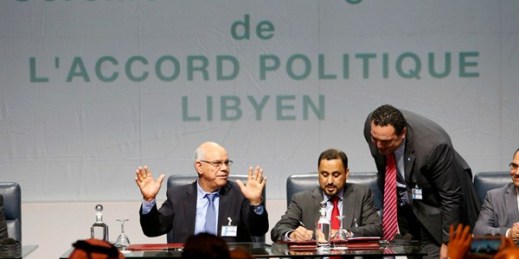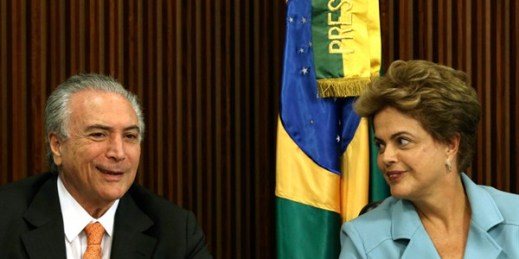
Brazil’s embattled president, Dilma Rousseff, has suffered many setbacks since late last year, perhaps none worse than when the lower house of Brazil’s National Congress accepted an impeachment motion against her in early December. The barrage of negative headlines, however, is unlikely to cut short Rousseff’s term in office, since the political and legal bars to oust her are much higher than those to block impeachment proceedings in the National Congress. In recent weeks, the move to impeach her, which looked more likely in December, has lost some of its momentum. But a hasty impeachment process had little chance of […]

